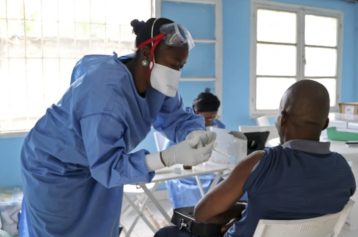
Dr. Shanthi Mendis, the lead author of the report, calls the phenomenon a slow-moving public health crisis.
The top four illnesses that lead to NCD-related deaths are cardiopulmonary diseases, stroke, cancer and diabetes. All of these are linked to some unhealthy lifestyle choices such smoking tobacco, physical inactivity, and unhealthy diet.
“We are losing 16 million people every year in their 30s, 40s, 50s, 60s, not in their 80s and 90s. And, we are losing 38 million from NCDs overall every year… Out of the 16 million people who die under the age of 70, who are in their productive years, 82 percent are in low and middle income countries, which do not have the capacity to really address them,” said Dr. Mendis to VOA News.
The report did highlight some countries that were part of the global initiative to reduce NCD-related deaths by 25 percent by 2025. Brazil, for example, expanded access to primary healthcare and reports a 1.8 percent annual decrease in NCD related deaths. In Hungary, officials taxed food and drinks that were high in salt, sugar, and/or caffeine. A year later, almost half of their manufacturers changed their product formula to reduce the taxable ingredients, sales decreased 27 percent and people consumed up to 35 percent less products.
However, there is still a long way to go, as many countries will still fall short of the goal by 2025. If nothing is done to improve the current situation, the premature deaths could cost the global economy 7 trillion dollars over the next decade.
S.C. Rhyne is a blogger and novelist in New York City. Follow the author on Twitter @ReporterandGirl, http://Facebook.com/TheReporterandTheGirl and visit her website at http://www.TheReporterandTheGirl.com


